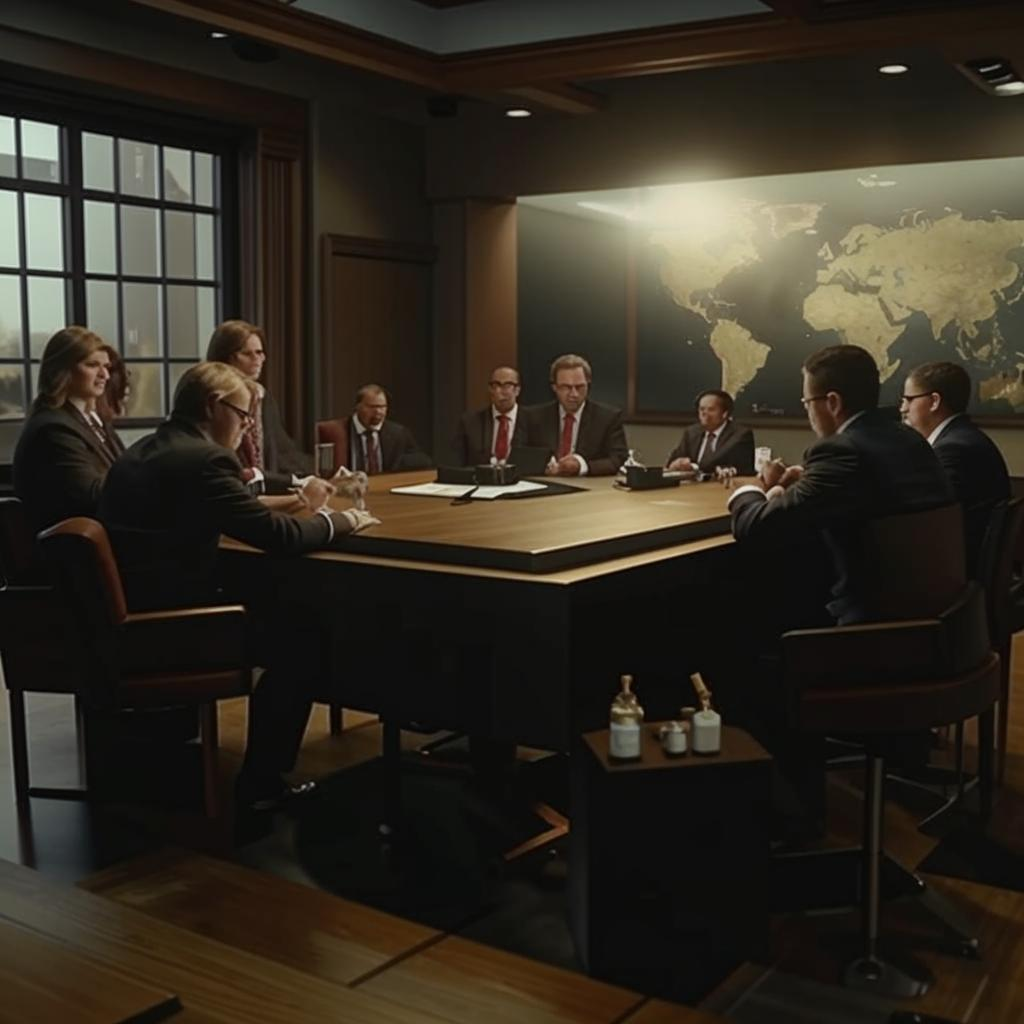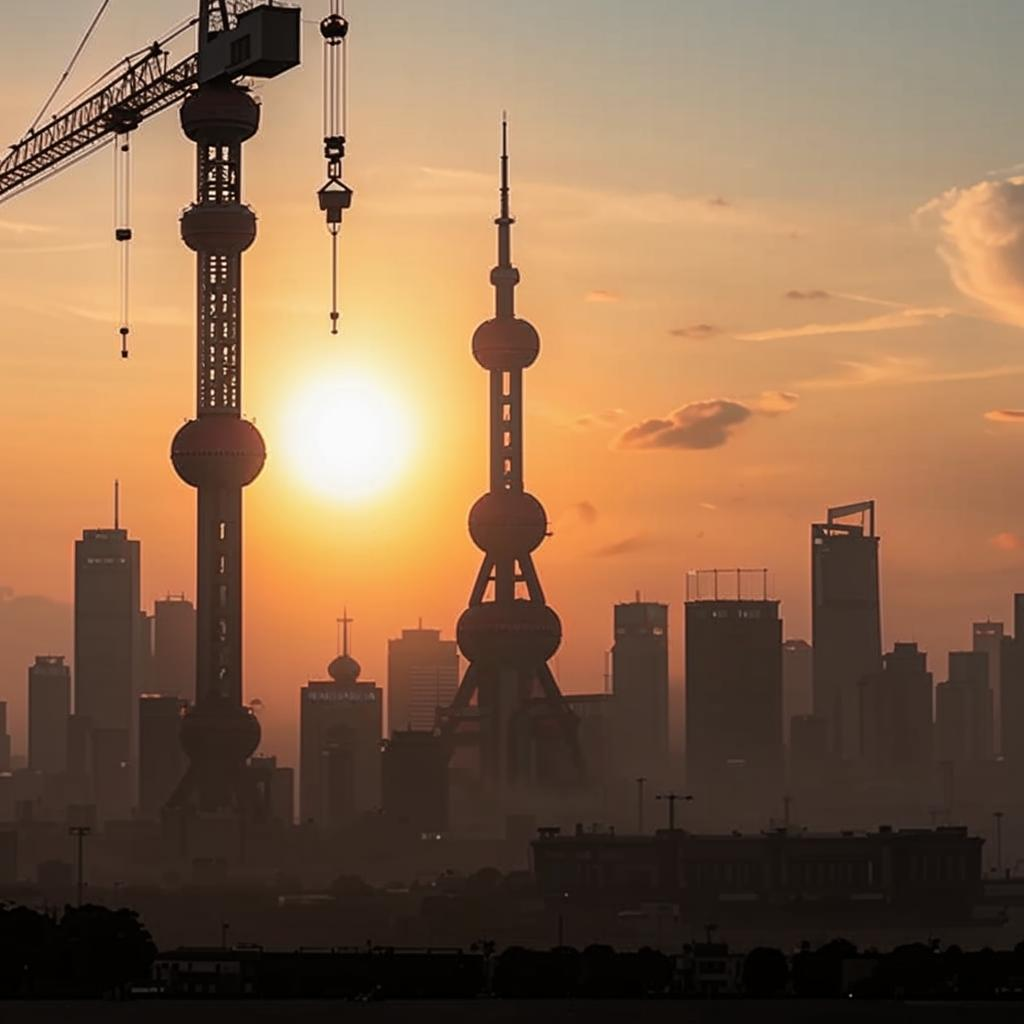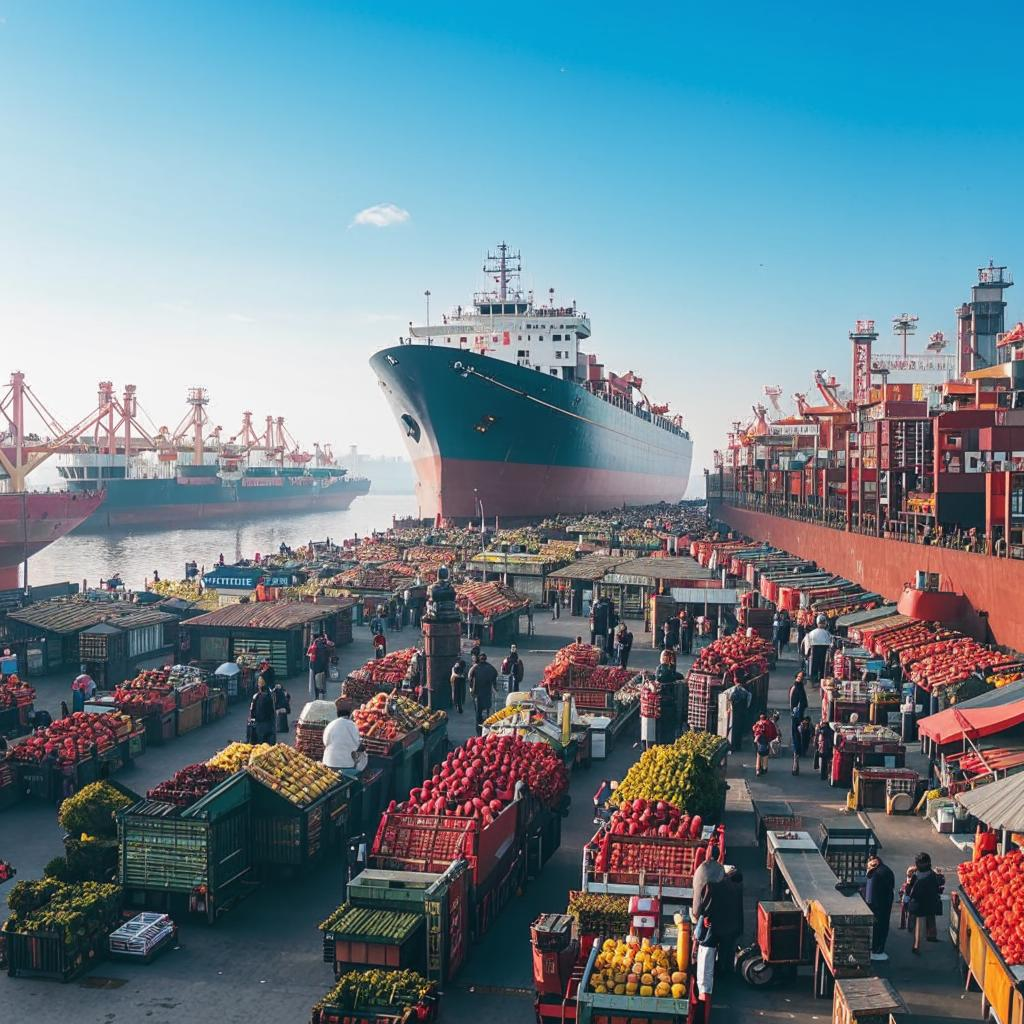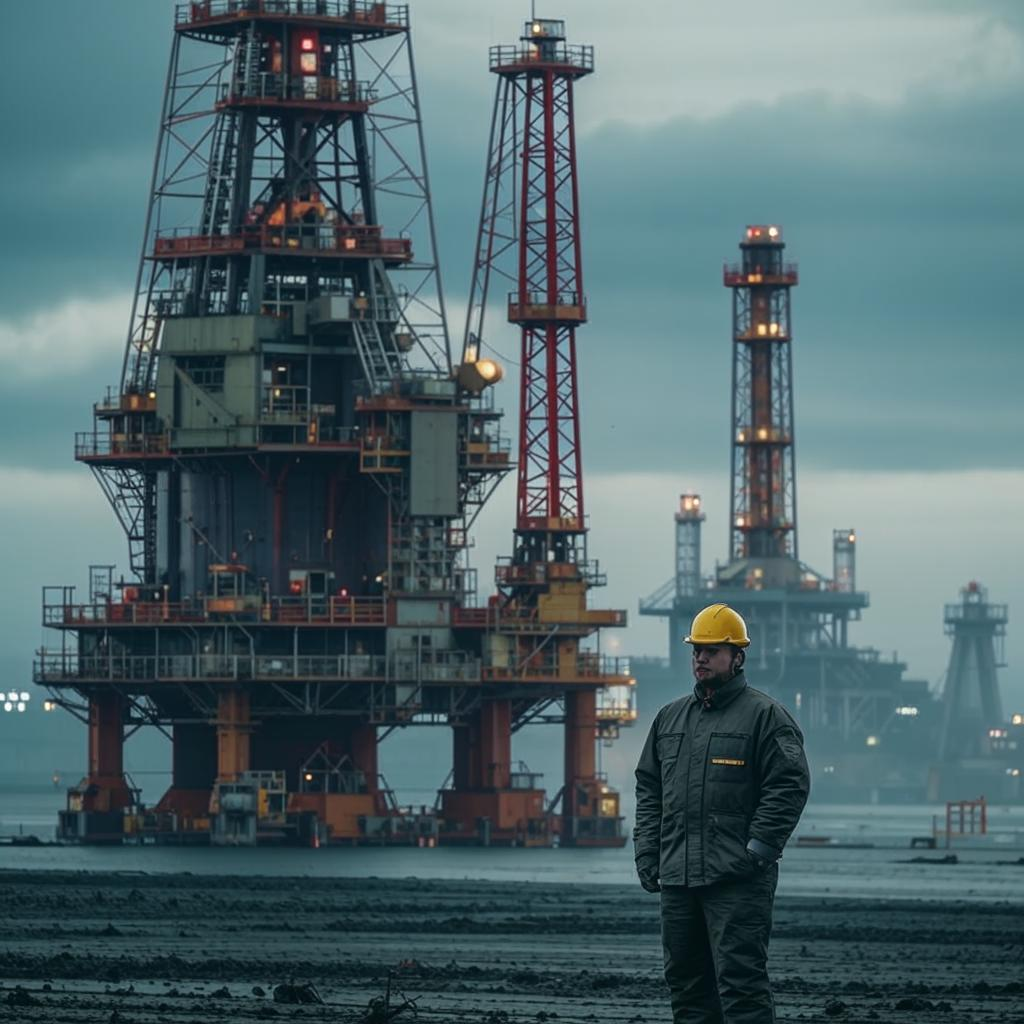Russia is confronting its most severe economic crisis in decades, triggered by the combined impact of a sharp decline in oil prices and the ongoing coronavirus pandemic. The collapse in oil prices, a crucial source of revenue for the Russian economy, adds significant pressure to an already strained financial system. The ruble has plummeted in value, and businesses are struggling to cope with the uncertainty.
Analysts predict a deep recession for Russia, with potential long-term consequences. The government is scrambling to implement measures to mitigate the damage, including drawing from its sovereign wealth fund and implementing fiscal stimulus packages. However, the effectiveness of these measures remains uncertain, given the scale of the crisis.
The situation is further complicated by the global economic slowdown, which is impacting demand for Russian exports. The Kremlin faces the challenge of balancing the need to support the economy with the imperative to maintain fiscal stability. The crisis is testing the resilience of the Russian economy and the leadership’s ability to navigate turbulent times. It’s anticipated that sectors beyond oil and gas will suffer, leading to job losses and decreased consumer spending. The coming months will be critical in determining the depth and duration of the economic downturn in Russia.Finishtit















